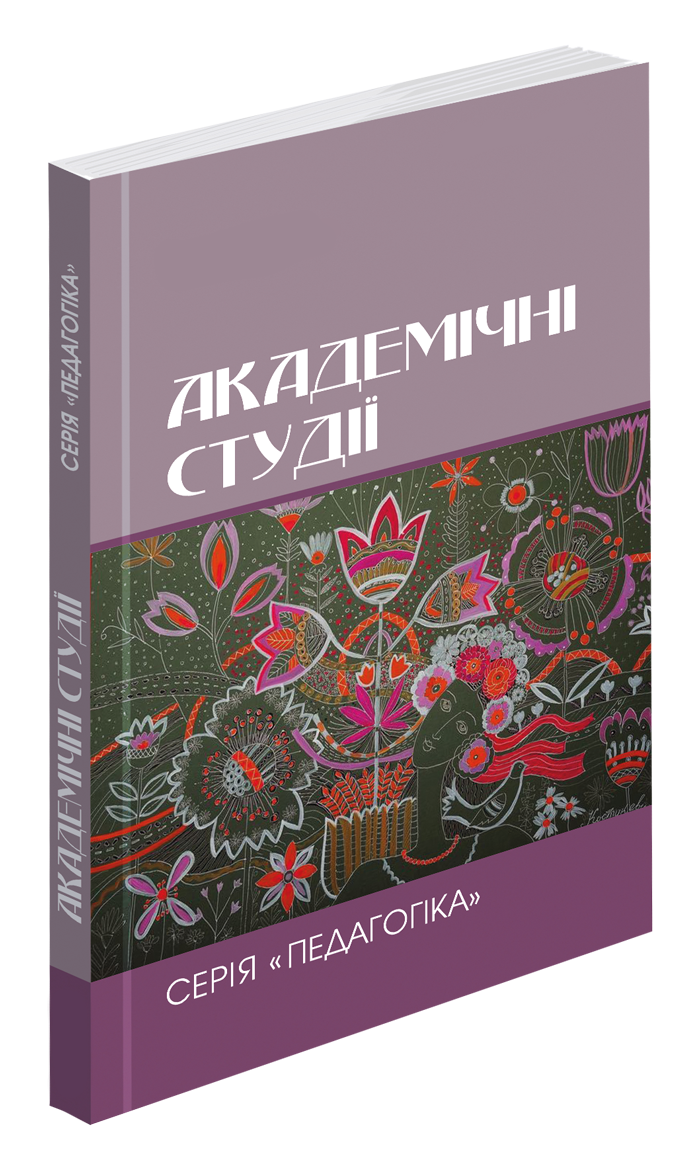Abstract
The article substantiates the possibilities of integrating the ethical component into the professional training of future doctors through teaching the discipline “Microbiology.” Based on a theoretical analysis of medical education content, clinical practice challenges, and trends in humanising professional training, this paper shows that the formation of a professional-ethical culture should not be limited to humanities disciplines only. Special attention is paid to the potential of microbiology as a platform for modelling moralchoice situations that reflect real clinical-ethical dilemmas.The essence of the professional-ethical culture of a future doctor is revealed as an integral phenomenon that includes moral reflection, the ability to analyse situations ethically, adherence to bioethical norms, and professional responsibility. Problems of insufficient integration of the ethical component into natural science disciplines are identified,and environmental factors complicate its implementation are characterised.An approach to using innovative teaching methods (case method, interdisciplinary classes, project work, debates, simulations) is proposed, which allows the creation of a learning environment for developing moral and professionalresponsibility. Examples of learning situations with vaccination problems, antibiotic resistance, biosafety, social justice, and the boundaries of what is permissible in biomedical research are provided.Practical recommendations for integrating the ethical component into teaching microbiology are formulated.The importance of interdisciplinary interaction, reflective learning, and updating the assessment system is emphasised.The theoretical results can be used to develop teaching materials and further empirical research on the effectivenessof an ethics-oriented approach in medical education.
References
Біліченко О. В. Основи професійної етики медичних працівників : навчально-методичний посібник. Вінниця : «Твори», 2019. 224 с.
Дудікова Л. В. Формування професійно-етичної компетентності майбутніх лікарів у медичних університетах: теорія і практика : монографія. Вінниця : ТОВ «ТВОРИ», 2018. 488 с.
Маража І. О., Жулкевич І. В. Роль педагогіки в клінічній практиці лікаря. Медична освіта. 2021. Вип. 2. С. 94–99. DOI: https://doi.org/10.11603/me.2414-5998.2021.2.12058.
Полковніков Я. Структурно-компонентний аналіз професійної культури майбутніх лікарів-стоматологів. Професіоналізм педагога: теоретичні й методичні аспекти. 2024. № 22. С. 245–256. DOI: https://doi.org/10.31865/2414-9292.22.2024.320163
Трегуб С. Є. Вітчизняний та зарубіжний досвід формування професійної культури спілкування майбутніх лікарів у медичних вишах. Гуманітарні виміри сучасної медичної освіти: міждисциплінарний діалог : колективна монографія / відп. ред. Д. А. Москвітіна; Запорізький державний медичний університет. Запоріжжя, 2020. С. 36–41.
Griban G., Mekhed O., Semeniv B., Khurtenko O., Koval V, Khliebnikova T., Skyrda T. Technology of increasing physical activity of university students. Acta Balneologica. 2022. № 5 (171). С. 451–456. DOI: 10.36740/ABAL202205113.
Mekhed О., Nosko M. The biological and social fundamentals of healthy living of participants of the educational process // Bioresources and Human Health / за ред. Ańdrzej Krynski, Georges Kamtoh Tebug, Svitlana Voloshanska. Częstochowa: Publishing House of Polonia University “Educator”, 2021. С. 143–154.
Olaiya O, Hyatt T, Mathew A, Staudaher S, Bachman Z, Zhao Y. Building connections between biomedical sciences and ethics for medical students. BMC Med Educ. 2022. № 22 (1). С. 829. DOI: 10.1186/s12909-022-03865-y.
Vorona І. І., Prokop I. A. Професійна культура в контексті підготовки майбутнього лікаря. Медична освіта. 2020. № 1. С. 117–121. DOI: https://doi.org/10.11603/me.2414-5998.2020.1.11005

This work is licensed under a Creative Commons Attribution 4.0 International License.

